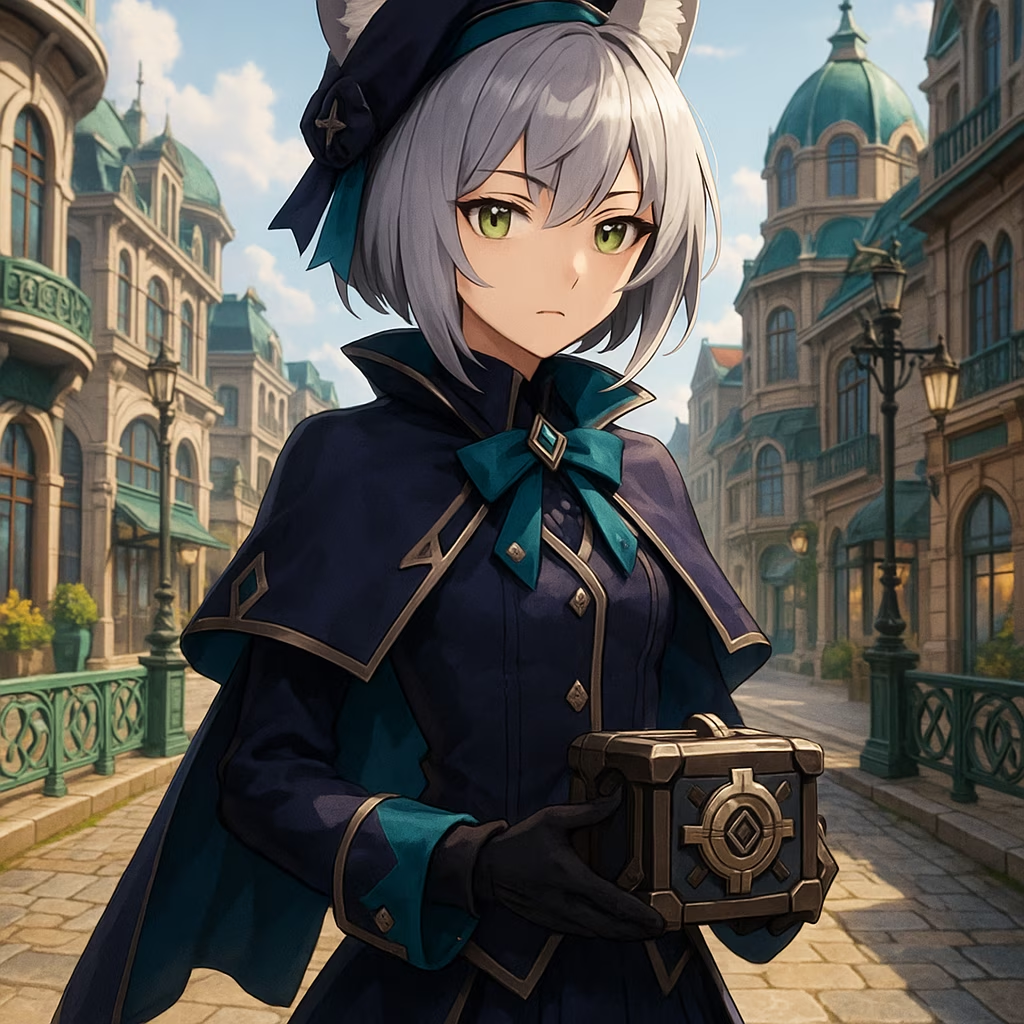Exploring Disabilities in Genshin Impact Characters
Genshin Impact's authentic disability representation, featuring characters like Collei and Xiao, offers empowering, relatable narratives that resonate globally in 2025.
In the vast and enchanting world of Teyvat, Genshin Impact has quietly become one of the few mainstream games to thoughtfully incorporate characters with disabilities. As we move through 2025, it's worth examining how this beloved game has created meaningful representation that resonates with millions of players worldwide who rarely see themselves reflected in gaming narratives.
Genshin Impact genshin characters with disabilities offer a refreshing departure from typical gaming archetypes. Rather than defining characters solely by their conditions or using disability as a narrative shortcut, HoYoverse has created nuanced individuals whose disabilities are just one aspect of their complex identities.

Collei: A Thoughtful Portrayal of Chronic Illness
Perhaps the most notable example is Collei, the Dendro bow user from Sumeru. Diagnosed with Eleazar, a fictional chronic illness that manifests as darkened scales on the body with accompanying numbness, fatigue, and progressive nerve damage, Collei's experience mirrors that of many real-world chronic illness sufferers.
What makes Collei's portrayal particularly impactful is how her condition is presented. She isn't defined solely by her illness – she's a determined forest ranger trainee who acknowledges her limitations while refusing to be constrained by them. Her voice lines about having "good days and bad days" resonate deeply with chronically ill players who understand the unpredictable nature of disability.
Christina Costello, Collei's English voice actor, brings additional authenticity to the role. As a disabled creator herself, Costello has spoken about how voicing Collei allowed her to channel her own experiences with medical trauma, creating a performance that feels genuine and lived-in.
"I really enjoyed how Collei's game characterisation focused on the fact that, despite her past, she's still standing and trying to do better," Costello has shared in interviews about the character.
Xiao: Physical and Emotional Scars
Another character who resonates with disabled players is Xiao, the Anemo Adeptus who endures constant physical pain due to his karmic debt. His struggle with chronic pain, coupled with emotional trauma spanning centuries, creates a character that many players with invisible disabilities find deeply relatable.
Xiao's stoic demeanor masks his suffering – something many disabled individuals do daily in social situations. His determination to fulfill his duties despite his pain offers a powerful metaphor for pushing through disability in a world that rarely accommodates difference.
Why This Representation Matters
Have you ever wondered why seeing characters like yourself in media feels so important? For disabled gamers, who make up a significant portion of the gaming community but rarely see themselves represented, characters like Collei and Xiao provide crucial validation.
Gaming has long been an escape for those with disabilities – on days when physical limitations keep someone homebound, the ability to explore vast digital worlds offers freedom and agency. But how much more meaningful is that escape when the heroes of those worlds share your struggles?
Beyond Stereotypes: Authentic Portrayal
What sets Genshin Impact's approach apart is how these characters avoid becoming defined solely by their conditions. They aren't portrayed as helpless victims needing rescue, nor are they given magical "superpowers" that negate their disabilities – a common and problematic trope in fiction.
Instead, characters like Collei acknowledge their limitations while still being fully capable adventurers. They have good days and bad days. They sometimes need accommodations. They experience frustration. In short, they feel real.
Room for Improvement
While Genshin Impact has made meaningful strides in disability representation, there's certainly room for growth. The game could expand its roster to include characters with more visible disabilities or mobility aids. What about a character who uses a wheelchair but has mastered elemental combat in innovative ways? Or a vision-impaired character who perceives the world through elemental resonance?
As we move through 2025, players are increasingly vocal about wanting to see themselves represented in the games they love. Wouldn't it be wonderful if Genshin Impact continued to lead the way?
The Healing Power of Representation
For many disabled players, seeing characters like Collei and Xiao isn't just about representation – it's about healing. In a world that often makes disabled people feel invisible or burdensome, controlling powerful characters who share their struggles can be profoundly empowering.
"Whenever I feel like the world is a little too much, stepping into Xiao or Collei's shoes for a few hours and taking on the world reminds me that, despite everything, I can still be a butt-kicking adventurer, regardless of how fragile I feel," shared one long-time player in a recent community discussion.
As Genshin Impact continues to expand its roster and storylines, one can hope that its thoughtful approach to disability representation will continue to evolve, creating more characters that allow disabled players to see themselves as the heroes of their own stories.
After all, in a fantasy world where anything is possible, shouldn't everyone have the chance to be represented?
